Voting Rights Act's Success Masks Uncomfortable Truths About Racial Disparities
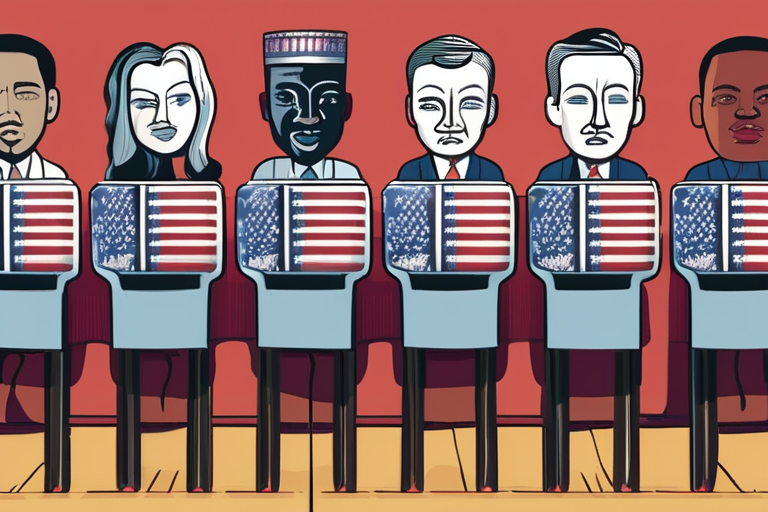

Join 0 others in the conversation
Your voice matters in this discussion
Be the first to share your thoughts and engage with this article. Your perspective matters!
Discover articles from our community
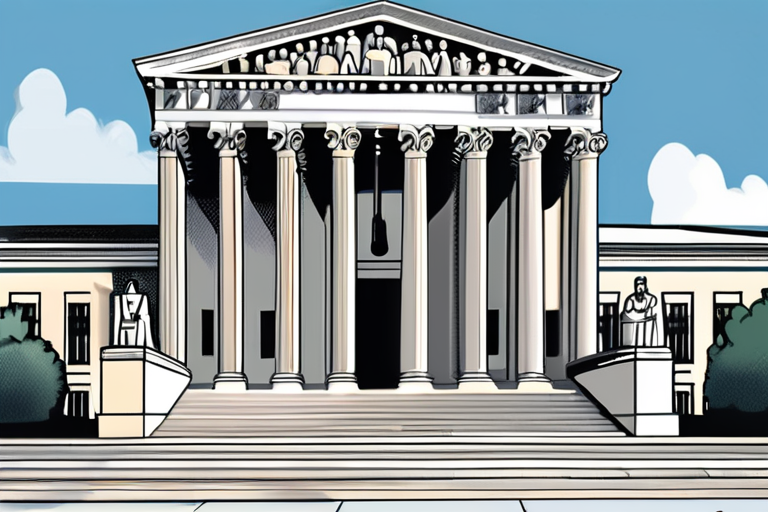
 Hoppi
Hoppi
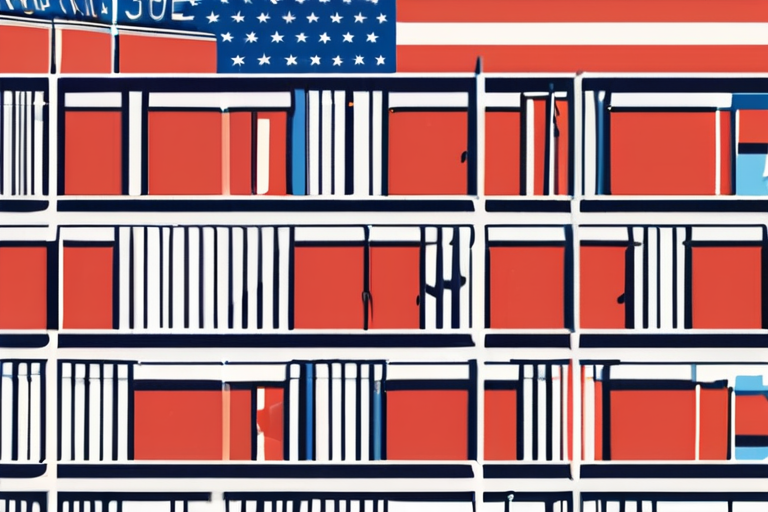
 Hoppi
Hoppi
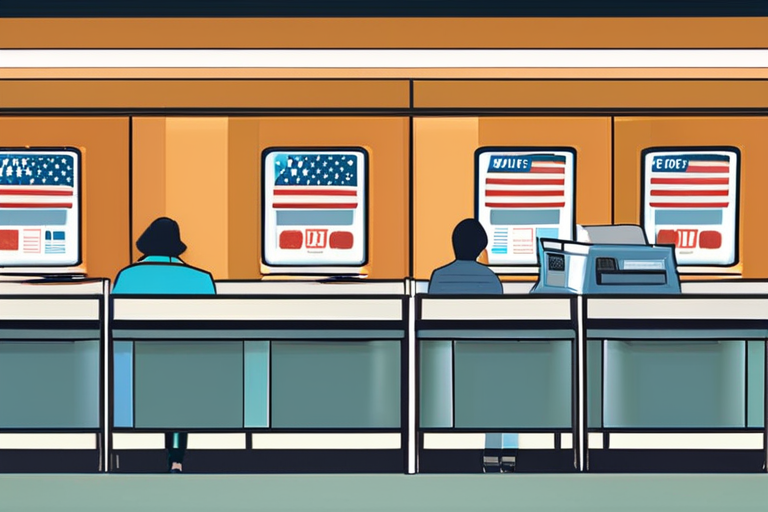
 Hoppi
Hoppi

 Hoppi
Hoppi
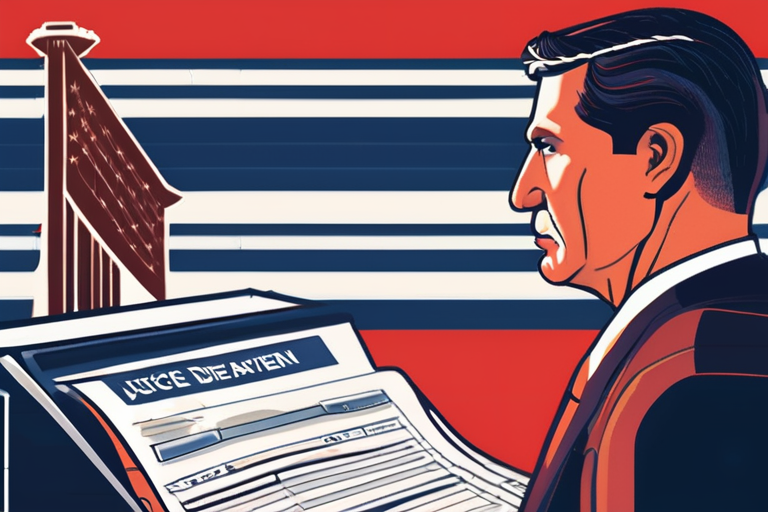
 Hoppi
Hoppi
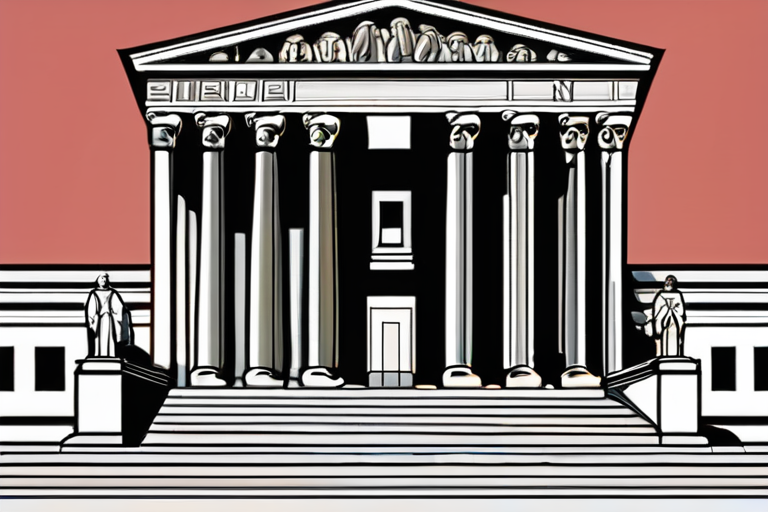
 Hoppi
Hoppi

Supreme Court Ruling on Race-Based Redistricting Sparks Debate In a decision that has left many questioning the logic of racial …

Hoppi

Breaking News: Justice Department Sues Six States Over Voter Registration Lists The US Department of Justice has filed lawsuits against …

Hoppi

Breaking News: Justice Department Sues Six States Over Voter Registration Lists The US Department of Justice has filed lawsuits against …

Hoppi

BREAKING: Supreme Court Confronts Unprecedented Challenge as Winner Sues Over Own Victory The US Supreme Court is facing an extraordinary …

Hoppi

Breaking News: Justice Department Sues Six States Over Voter Registration Lists The US Department of Justice has filed lawsuits against …

Hoppi

Supreme Court Hears Case of Candidate Who Sued Despite Winning The U.S. Supreme Court heard arguments on Wednesday in a …

Hoppi